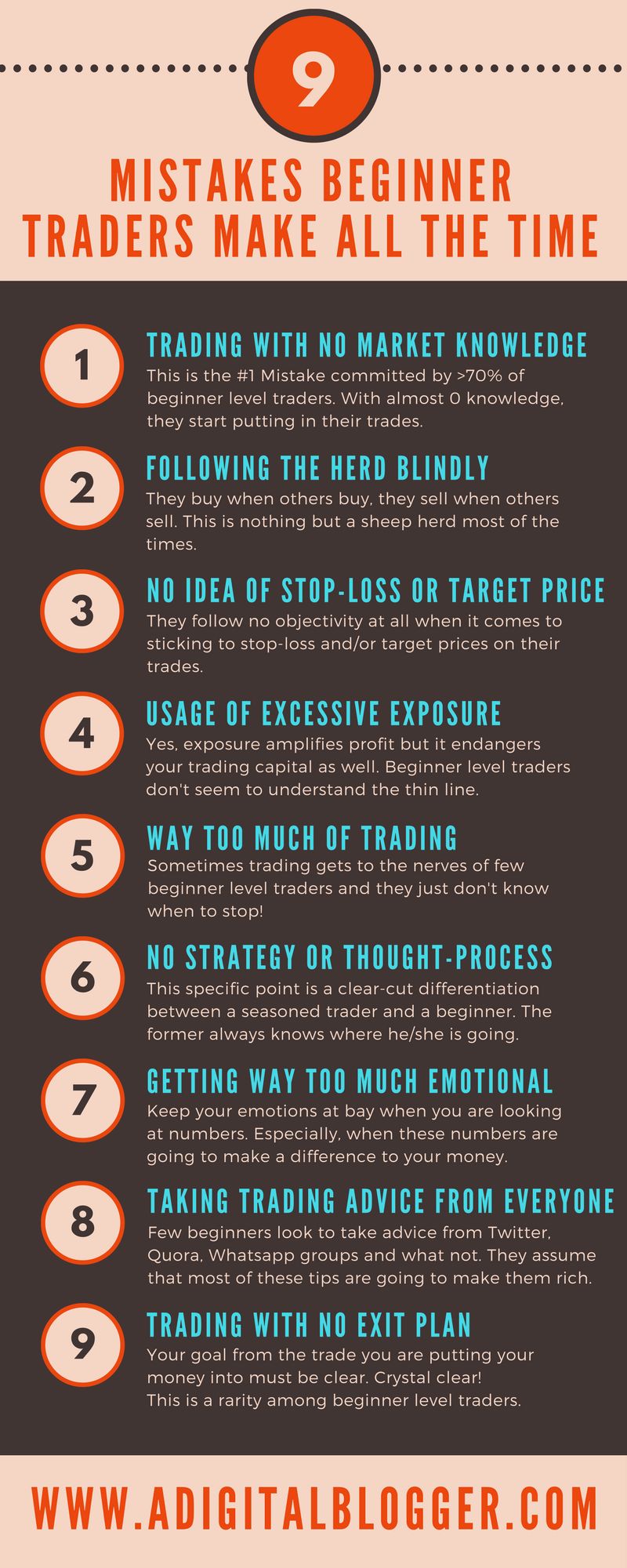
The Landscape of Trading Markets and The Role of Novice Traders
Key Takeaways
-
- Trading markets encompass stock markets, forex, commodities, and cryptocurrencies.
-
- Many novice traders lack proper planning and knowledge.
-
- Common pitfalls can lead to substantial financial losses.
-
- Understanding risk management is crucial for success.
- Diversification helps mitigate risks associated with volatile markets.
Table of contents
The stock market and other trading markets like forex, commodities, and cryptocurrencies provide platforms for a multitude of individuals to make their financial dreams come true. However, these dreams remain just that for those who plunge headlong without proper planning and knowledge. Novice traders are particularly susceptible to pitfalls that can lead to significant financial loss.
Understanding Trading Plans and Their Role in Successful Trading
A robust trading plan can be the difference between success and failure in trading. It arms you with a comprehensive strategy that guides you on when to enter a trade, when to exit, and how much capital to risk. One of the main mistakes beginners make is diving into trading without a structured plan. Here’s how you can avoid becoming a casualty of this error.
Unpacking Risk Management in the World of Trading
Assets within trading markets are susceptible to various risks, including liquidity risk, market risk, and credit risk. These risks, coupled with the general unpredictability of markets, mean that poor risk management can easily lead to considerable loss of capital. Many beginners understand this too late, often after incurring losses. Here’s what you need to know about effective risk management and how to avoid making mistakes.
Insight into Overtrading, Its Consequence, and How to Avoid it
Overtrading shows persistence, but it often signifies desperation. Many beginners believe that the more trades they make, the higher their chances of success. However, overtrading can be risky, as it often involves trading without proper analysis, which can lead to losses. Read on to understand the concept of overtrading and how to sidestep the associated pitfalls.
Emotional Decision Making in Trading: A Possible Downfall
The idea of accumulating wealth at a fast pace can ignite a roller-coaster of emotions, from extreme ecstatic states to periods tinged with fear and panic. Emotions can influence your trading decisions, sidetrack you from your trading plan, and lead to losses. Here’s how to ensure that you stay objective and make logical, rather than emotional, decisions.
Why Diversification is Essential in Trading
Diversification is a frequently used term in the investment world, known for its crucial role in reducing risk. Beginners, however, often make the mistake of focusing too heavily on a particular stock or asset class, increasing their vulnerability to the market’s volatility. This section describes how diversification can shield you from making this mistake.
Why Ignoring Technical and Fundamental Analysis Is A Major Blunder
Technical and fundamental analyses are instrumental in making trading decisions. These tools help traders understand market dynamics and the health of various companies. Many beginners undermine their importance, a decision that often results in substantial financial losses. This section takes a closer look at both concepts and why they’re crucial in the trading world.
The Role of The Trading Journal in Successful Trading
Maintaining a trading journal can seem like a chore, but the benefits are hard to ignore. A comprehensive journal can help you track your trading performance, reflect on your trading strategies, and learn from your mistakes and successes. Many beginners ignore this essential tool, often to their detriment. This section provides tips on maintaining a useful trading journal and the benefits that come with it.
How Overconfidence Can Be A Trader’s Downfall
Seeing profits from your trades can no doubt boost your confidence. However, beginners often make the mistake of becoming overconfident, leading to reckless trading decisions that can result in losses. This section explores the trap of overconfidence in trading and how it can be avoided.
Education and Preparation: The Keys to Successful Trading
Trading without adequate knowledge is the perfect recipe for financial losses. Continuous education allows traders to understand market trends and trading strategies better. This section discusses why education and preparation are essential for successful trading and how beginners can avoid falling into the trap of ignorance.
Parting Shot
Applying the strategies and tips provided in this blog post positions you for success in your trading journey. Patience, discipline, and continuous learning are key. By understanding and avoiding these common beginner mistakes, you enhance your chances of achieving long-term success in the trading world.
